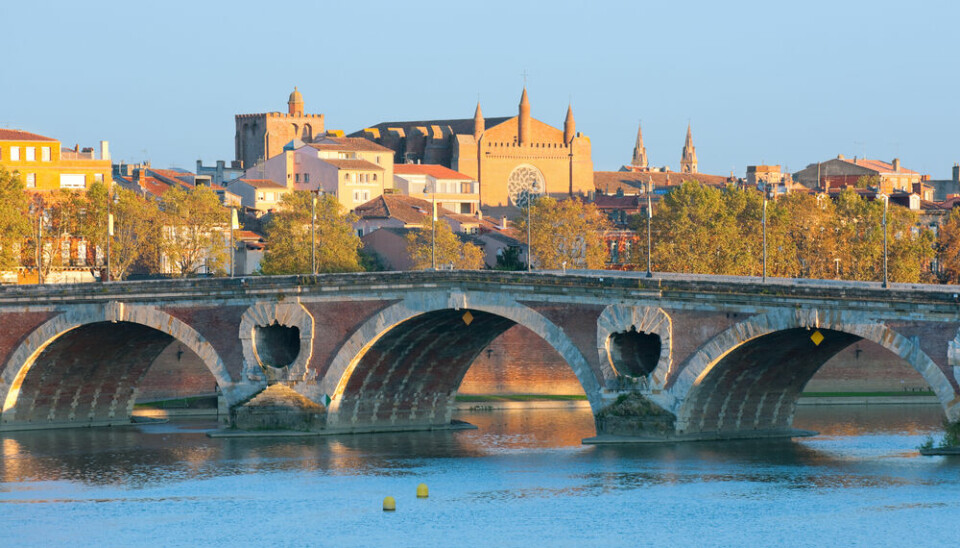French city to increase water price by 42% this summer to fight drought
It comes as the scheme was hailed a success in 2024, despite some resident criticism
The Garonne river hit record low levels in 2023
SergiyN / Shutterstock
The city of Toulouse has confirmed it will once again increase drinking water prices by 42% this summer as part of plans to combat drought.
Authorities have confirmed that the higher rate will begin from June 1, and last until at least October. After that, rates will drop by 30%. The plan aims to reduce water usage city-wide, to prevent (or at least, to prevent worsening) drought conditions.
The scheme was first introduced in 2024 and was considered a success by local officials.
Read also: Tap water fees for homes to be seasonal in Toulouse
“The results were positive,” said Robert Médina, vice-president in charge of water and hygiene at the Toulouse Métropole, to TF1. “From June 1 to October 31, we consumed half a million cubic metres less [of water].”
The higher rate will affect all residents whose water comes from the Eau de Toulouse Métropole, which covers 37 communes in the metropolitan area, and around 850,000 residents..
In real terms the rate will rise to €4.40 per cubic metre (m3) for the period, up from the €2.58 per m3 that residents have been paying since November 1, 2024.
Note the €2.58 per m3 was itself a 30% reduction on standard prices, so the €4.40 m3 represents a 42% increase on standard prices.
Read more: How do I see if any drought rules are affecting my French home?
Last year, when the scheme was first implemented, Toulouse mayor Jean-Luc Moudenc, said: "We are pioneers, we are innovative…we are a metropolis of innovation, and we should be innovative on the issue of water resources.”
Resident awareness
Some residents are unhappy with the change, particularly as the Garonne river was showing a flow rate of 156-170 m3 on Monday May 26, which is well above the critical ‘drought risk’ threshold of 50 m3, reports Actu Toulouse.
In contrast, in 2023, the river hit record low levels.
But Mr Médina has said that the scheme has been proven a success, not only in terms of reducing water consumption, but also in raising awareness of its importance among residents.
“It wasn't hot and we did not have any water restrictions [in 2024], unlike the previous year,” he said. “And despite that, we consumed less. This means that there has been a change in awareness.”
He also defended the sharp tariff rise, and denied that it would lead to Eau de Toulouse Métropole achieving any excess profits.
"We will collect 42% more over five months and 30% less over the following seven months. This means that what we collect in the summer will be paid back during the winter,” he said.
“And even if people continue to consume a lot, Toulouse Métropole will [re-invest] the profits, renewing the water networks, for example.”
‘Water stress’
The confirmation of the change comes just days after a new poll found that almost 60% of people in France are concerned about water scarcity (experiencing ‘le stress hydrique’, or ‘water stress’).
The feeling was particularly acute among younger people, with the majority of those under 35 (61%) feeling that the situation is ‘an emergency’, but only 51% of those over 60 feeling the same – an indication that younger French people are more worried about climate change issues.
The poll also found that more than a quarter of French people have already suffered from a water-related natural disaster. 29% have experienced a shortage of drinking water due to drought and, conversely, 16% have experienced major flooding.
There was also a clear north-south divide in opinion.
Residents of Occitanie are the most concerned (62% of the region’s inhabitants), followed by Provence-Alpes-Côte d’Azur (60%) and Corsica (60%), where drought is seen as the main threat.
Conversely, in Normandy (68%) and Hauts-de-France (67%), flood risk is of greatest concern.





























